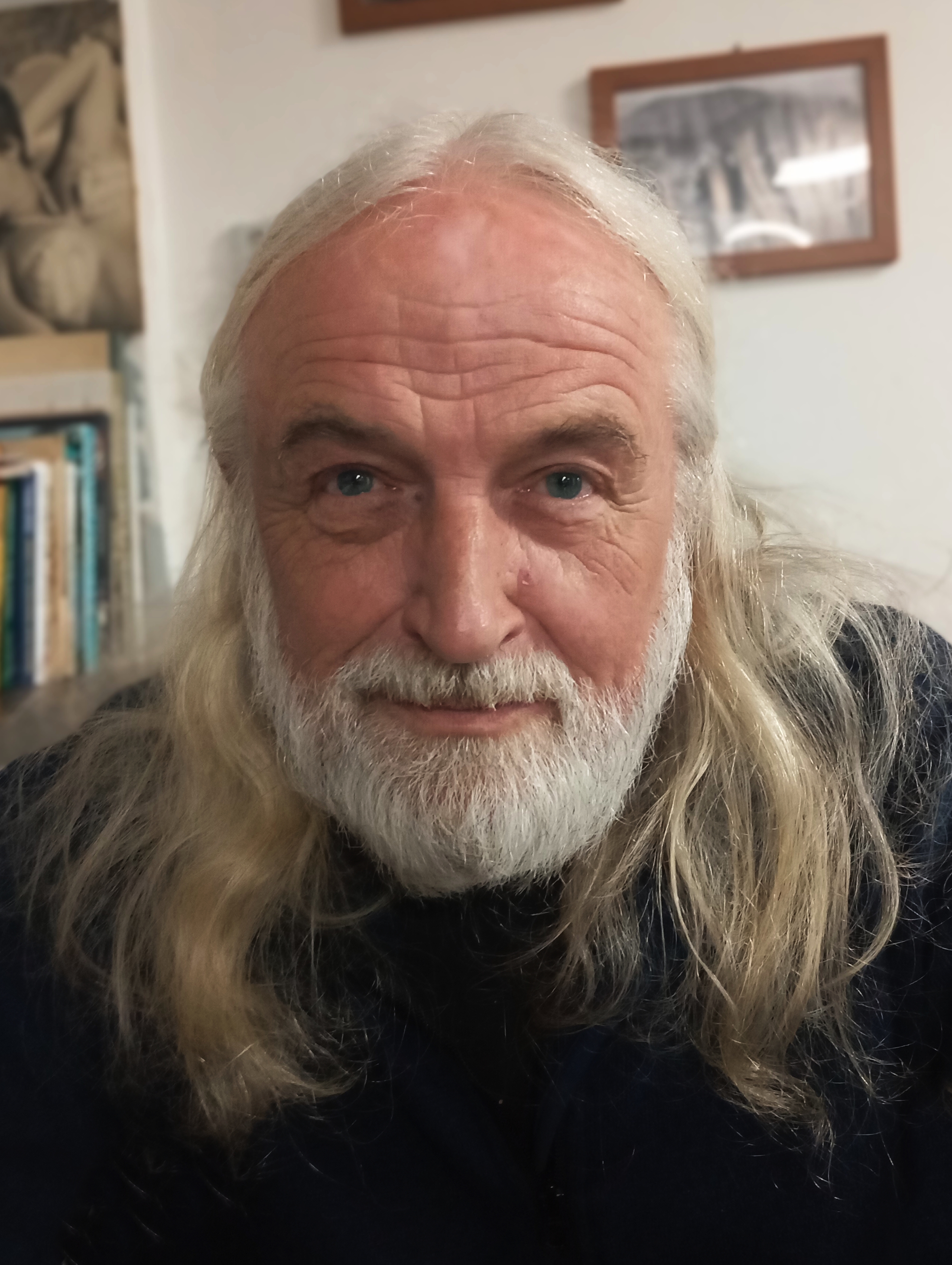The phone book didn’t leave marks on the body like a baton

Download image
Milan Pavlištík was born in Kelč on 7 March 1963. His grandfather František Pavlištík steadily refused to join the farming cooperative; Milan witnessed František Pavlištík’s last horse being taken away during his childhood. His grandfather then gave up on life and died within a year. During his adolescence, Milan met older friends known as ‘longhairs’. Since he was trained as a high current electrician for locomotives and initially worked on the railroad, he owned a network ticket - an unlimited train ticket for entire Czechoslovakia. With it, he could easily travel between Moravia and Prague and transport samizdat. These were copied in Police near Valašské Meziříčí - mainly Infoch, but also the local equivalent of the Vokno magazine, the periodical Satyr. Milan Pavlištík signed Charter 77 in 1986. The regime began to continuously harass him. Nobody would employ Milan and he faced a threat of prosecution for ‘parasitism’. His sister was not allowed to study and his mother was demoted from an office position to a cleaning lady. Milan Pavlištík co-organised several underground festivals and experienced a brutal crackdown by the armed forces during the state-cancelled festival in Žabčice near Brno. The State Security harassed him until the Velvet Revolution in November 1989. When Milan Pavlištík discovered that the arrival of democracy was being publicly celebrated by people who had shunned or even bullied him during the normalisation period, he decided not to get involved in public events. During the years of freedom, he organised three music festivals for Ivan Martin Jirous, known as Magor, the last of which took place only after Jirous’ death. Milan Pavlištík lived in Rožnov pod Radhoštěm at the time of the interview.

